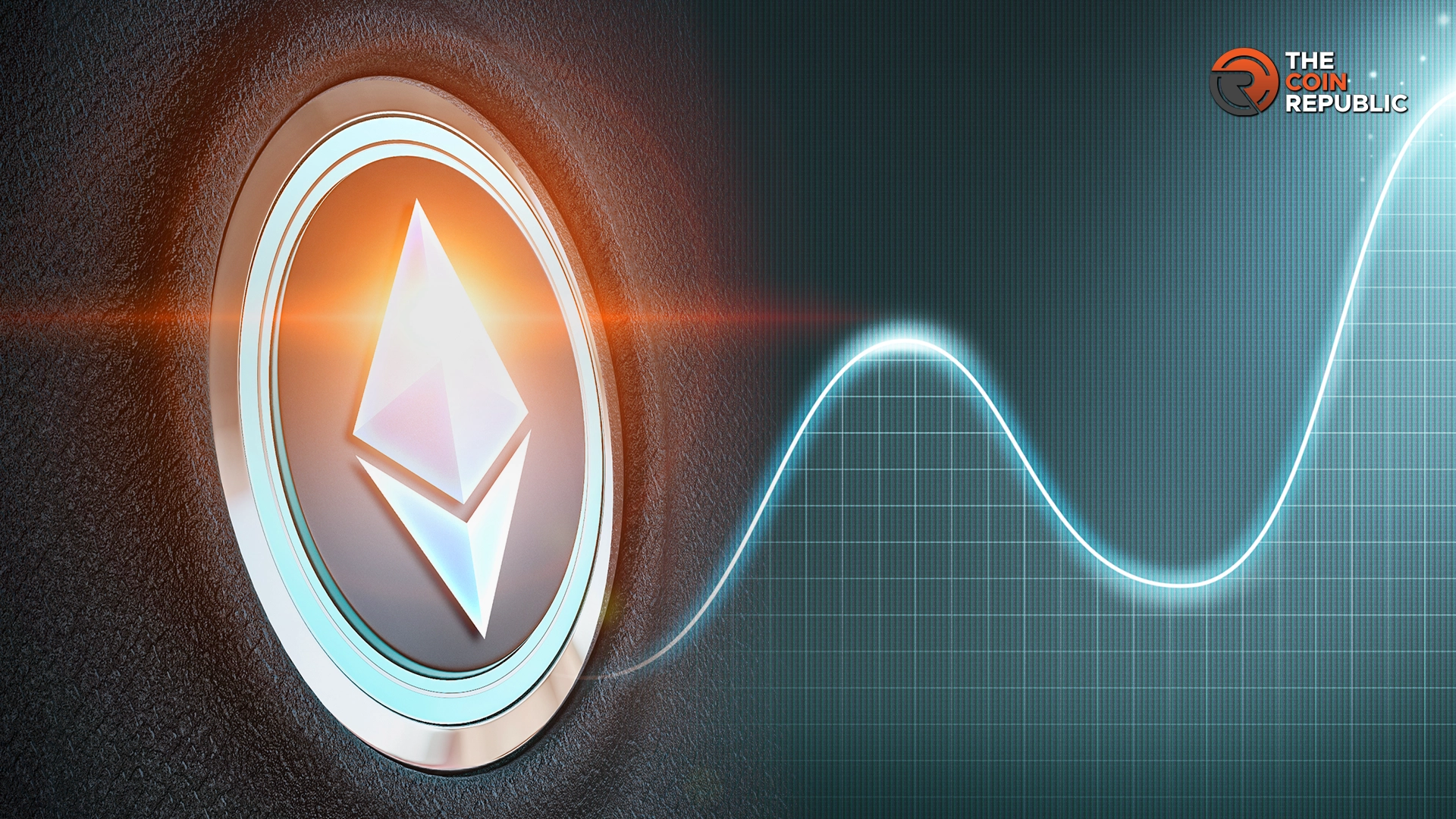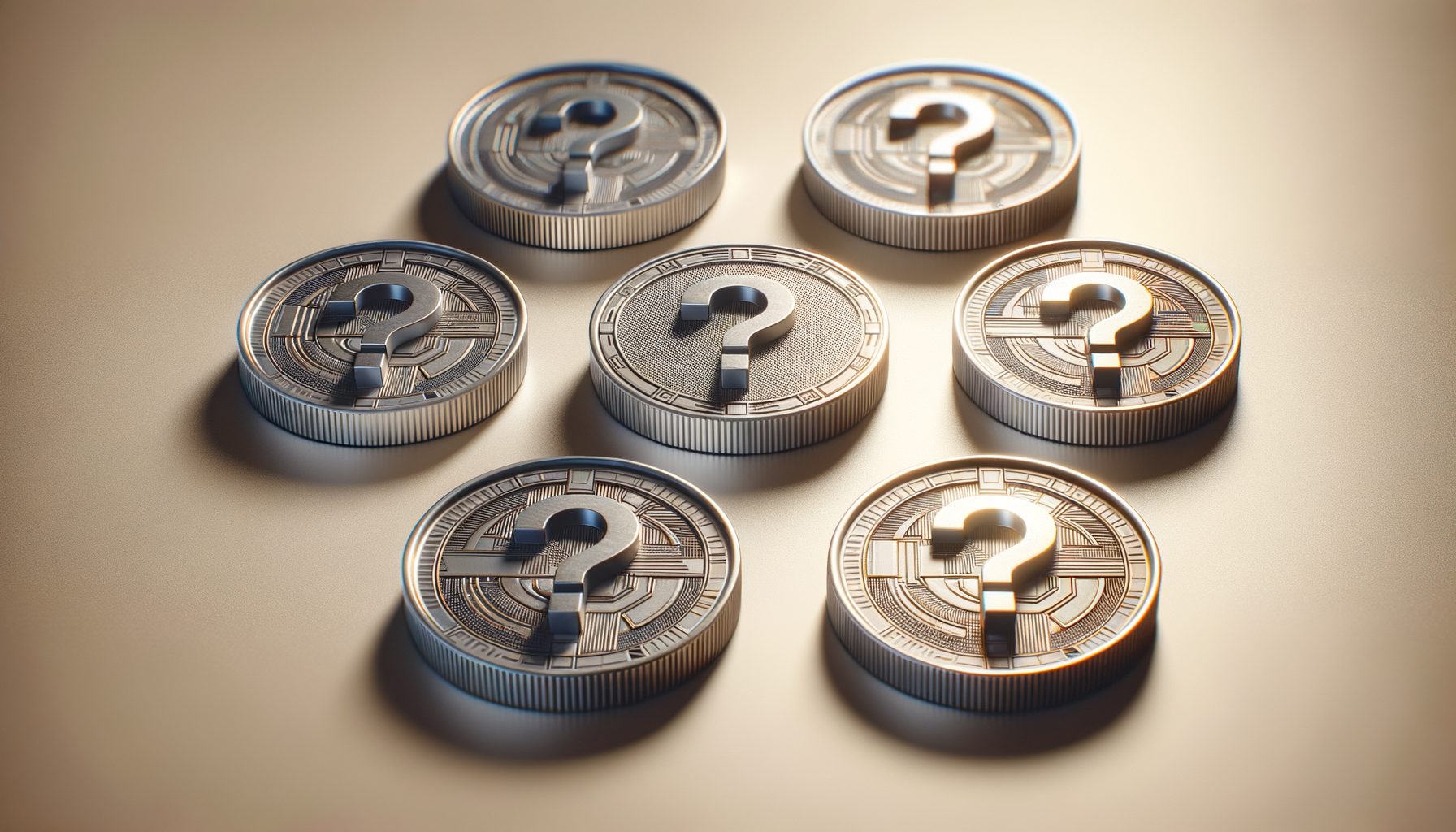Recently, Ethereum (ETH) developers proposed EIP-7781 to drop block times drastically. The proposed lower block times to be 8 seconds from 12 seconds. This is supposed to offer a 50% increase in overall transaction throughput on the Ethereum mainnet.
Ben Adams, one of the co-founders of Illyriad Games, kicked off the initiative. On October 5, he presented the EIP-7781 proposal. The new block time will help improve user experiences by making transaction processing faster.
Reducing Ethereum’s block times will improve its network’s efficiency. Layer 2 solutions should be the primary winner of the upgrade since they rely on the mainnet to run. Additionally, this could decost users for Layer 2 services.
– Advertisement –
Ethereum Upgrade Targets Lower Transaction Costs
The EIP-7781 proposal enhances Ethereum’s capacity for data blobs. Reducing the block time is designed to make rollups more latency-intensive. It should lead to higher throughput with lower overall user transaction costs.
One of the recent big deals to emerge from developer Cygaar’s social media post was EIP-7781. He said it’s a critical step in improving Ethereum’s foundational structure. The broader goals of scaling up to Ethereum to accommodate more users and applications align with the proposal.
Ethereum Foundation researcher Justin Drake also backs the initiative. He noted that the upgrade could make the network more capable of containing decentralized exchanges like Uniswap v3. They would function with less inefficiency, resulting in cheaper use for users.
Adam Cochran Advocates for Hardware Testing
However, the EIP-7781 claim has several potential benefits, but some developers are skeptical about it. Shorter block times could hurt solo stakers, they say. To overcome higher execution state growth, stakers will have to invest in better hardware.
There is also concern about increased network bandwidth needs. Higher bandwidth requirements will likely challenge Ethereum’s long-term goals of decentralization, and developers are worried that fewer individuals will participate as validators.
It seems reasonable, said Adam Cochran, a partner at Cinnehaim Ventures. But he said more hardware testing was necessary. These tests will ensure that homestakers are viable participants on the Ethereum network.
Bandwidth Redistribution Promises Stable Network Performance
EIP-7781 could give Ethereum a new lease of life. It’s expected to attract new users and development projects. Until now, Ethereum has been relegated to the margins of the blockchain landscape, but this surge in activity could further solidify its place in both.
Moreover, the proposed changes would improve the performance of Ethereum-based applications. Faster transactions could increase user experiences, driving the use of decentralized finance (DeFi) products. This means that Ethereum can experience more from interactions on its platform.
It also plans to share bandwidth evenly so that the network’s peak load is less stressed. The fundamental idea of this redistribution is to ensure more stable performance and a better user experience.










